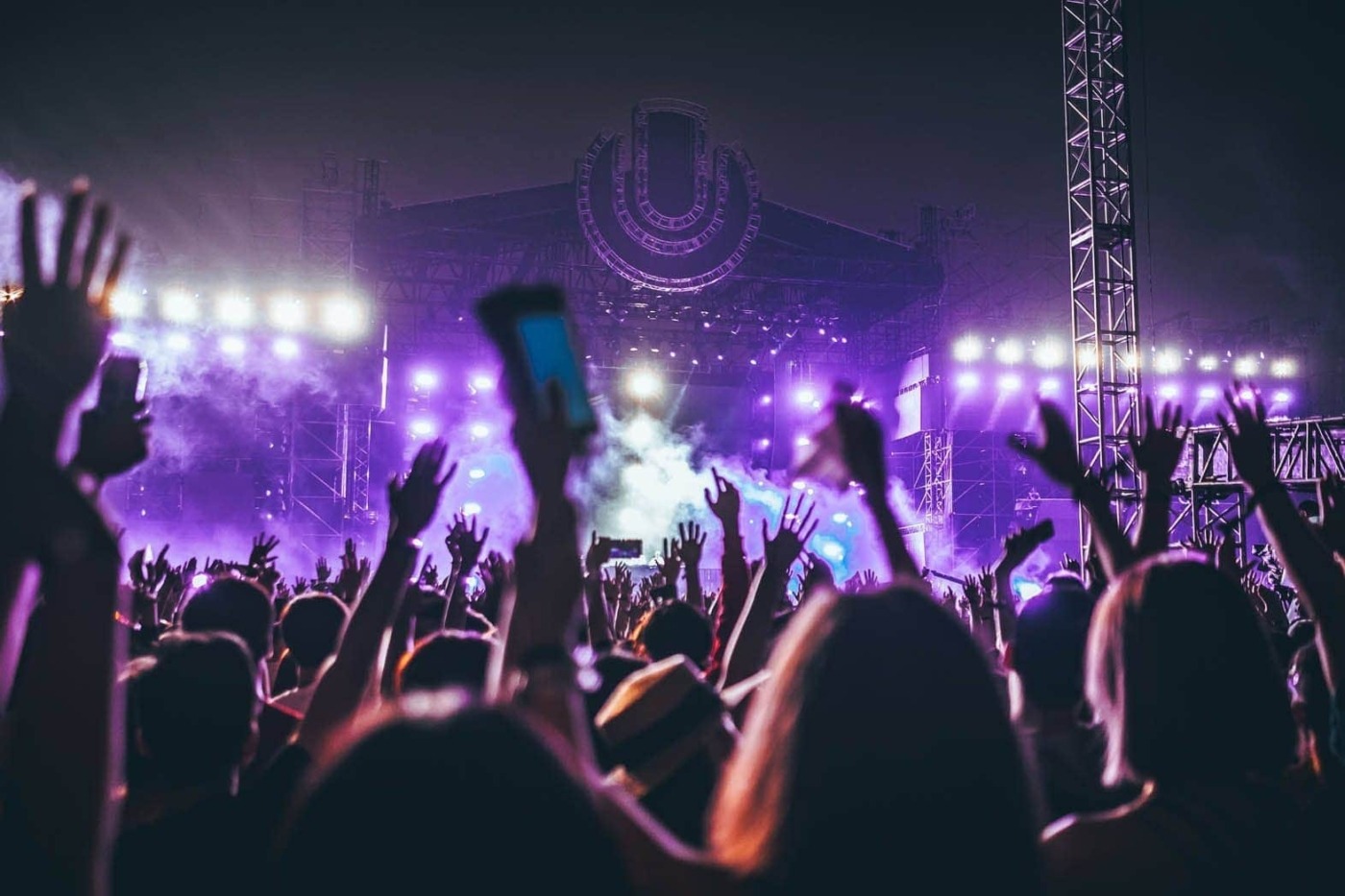Will a coronavirus vaccine save the live music industry?
Listening to music has been an intrinsic part of every generation’s experience. Whether it’s vinyl (which has recently come back into fashion), tape recorders, CDs or now Spotify, all age groups have found their way of accessing music from multiple genres. Music has the power to express ideas, entertain, provide escape and convey messages in a meaningful way.
A key part of experiencing music has always been the joy of seeing performances live. Whether through connecting with friends, seeing performers in the flesh and enjoying the crowd atmosphere, being transported from the personal experience of music to the universal crowd gathering experience together has always been rewarding. However, that has all come to a sudden end. The coronavirus pandemic has forced large gatherings to be postponed for the foreseeable future. Any gigs, concerts and performances that were due to take place have all been cancelled and refunds provided. While the brilliance of the internet means many musicians have performed virtual concerts, this is far from the true experience.
That being said, there is reason for hope. With numerous coronavirus vaccines proving effective in their initial stages of testing, a return to large concert gatherings doesn’t look too far out of the ordinary. In an ideal world, venues will receive the much-needed income they have so lost, both up-and-coming and established artists will receive the recognition they deserve and be able to share their work with others, and concert-goers, all of whom recognise the power of music, will be able to spend time together.
Full in-person music events might not get back to normal until 2022
Nonetheless, ensuring everyone has access to a vaccine in order to have such large gatherings will be an extreme logistical challenge. The company Ticketmaster have already needed to clarify their coronavirus policy after questions were raised over whether concert-goers would need to “verify [their] vaccination status” before being admitted to future events. The company have stated that while they are exploring the use of mobile technology, there would be “absolutely no requirement” for mandatory vaccines and that the ultimate power for determining safety policies lies with the event organisers. It does demonstrate, however, that even if large crowds can be admitted, questions of safety and caution will remain prevalent, not least if the vaccine uptake is not immediate.
Concerts everywhere, of all shapes and sizes, will have to adapt whether they can remain in-person or decide to permanently move online. The Guardian reports how Thermo scanners – interactive wristbands that vibrate with a lack of social distancing – and rapid testing are all being considered as part of the hybrid models for the 2021 concert and festival season. There is an idea that, while full in-person music events might not get back to normal until 2022, a combination of the two may be most effective.
If they don’t have the confidence to do so, the financial sustainability of such festivals will be severely under threat
Gordon Masson, editor of IQ magazine, has remarked the biggest challenge facing festivals is uncertainty, with festivals being being “utilised by governments to trial certain safety products or procedures, as they are, in effect, temporary cities”. This demonstrates how the disparity and differences provided by governments have forced festivals to speculate and take a gamble. This has been done by the Mad Cool festival in Madrid, which usually has around 60,000 attendees. With a 2021 line-up including The Killers and Red Hot Chilli Peppers, they decided to announce their line-up early so that people with a 2020 ticket could decide whether to attend. Roughly 25% of ticket holders have asked for a refund with 11% of attendees coming from the UK.
The festival book Cindy Castillo stated that “many event organisers might have to rely on domestic talent on next year’s line-ups if international touring remains in question”. While Mad Cool are trying to put many safety measures in place like temperature scanners, individuals must be willing to travel to these concerts. If they don’t have the confidence to do so, the financial sustainability of such festivals will be severely under threat.
The most important music festival, to me, is an annual occasion of joy and light. It was understandable, but deeply saddening when Eurovision was cancelled alongside all the other major song contests. The Eurovision team have recently given a guarantee that every participant will be able to take part in the competition. Each participant will create a ‘live-on-tape’ recording to use in case a participant cannot travel to Rotterdam or has to quarantine. This live recording will take place in real-time and have no proper edits during or after it. While adhering to strict rules, these guidelines will also ensure fairness throughout as the acts adhere to the normal Eurovision rules. With independent observers watching the contest, its integrity will be guaranteed, with the live-on-tape performances having to be delivered by the end of March.
This, alongside all the other concerts, demonstrates the human ingenuity that has come out of such a time of crisis. People have had to adapt to different circumstances. On this front, the music industry has been brilliant. The hope is that they can adapt back to some kind of much needed normality too.

Comments